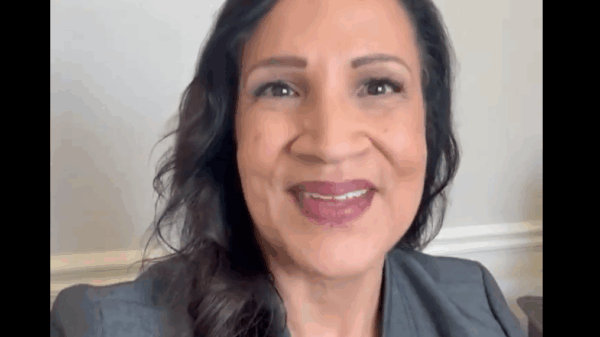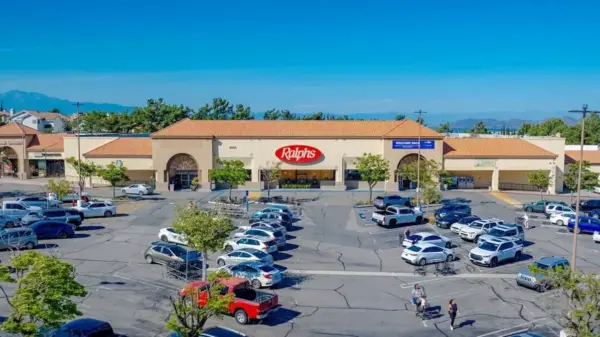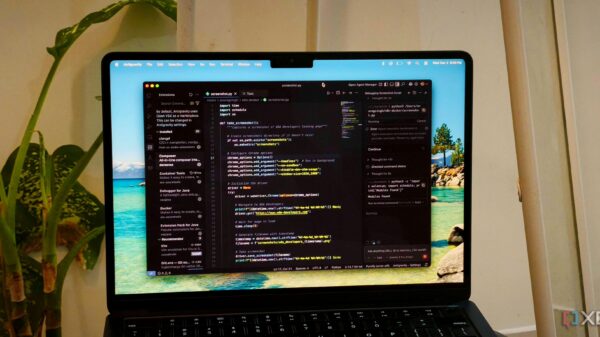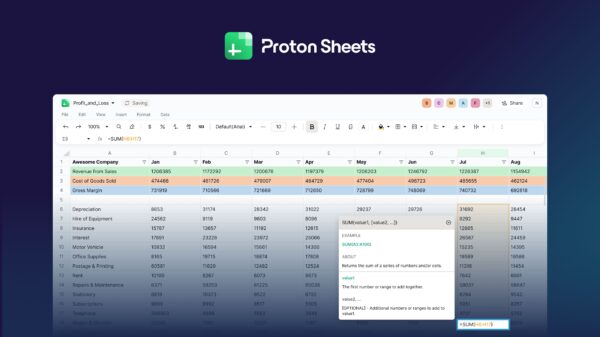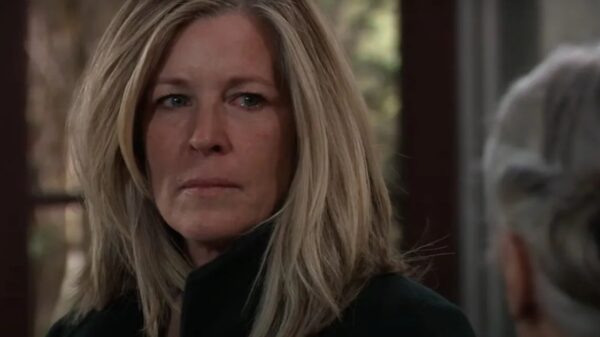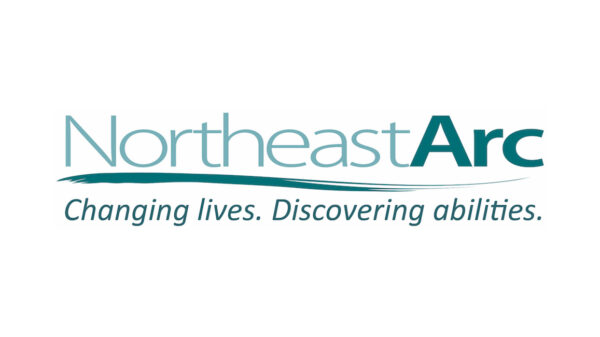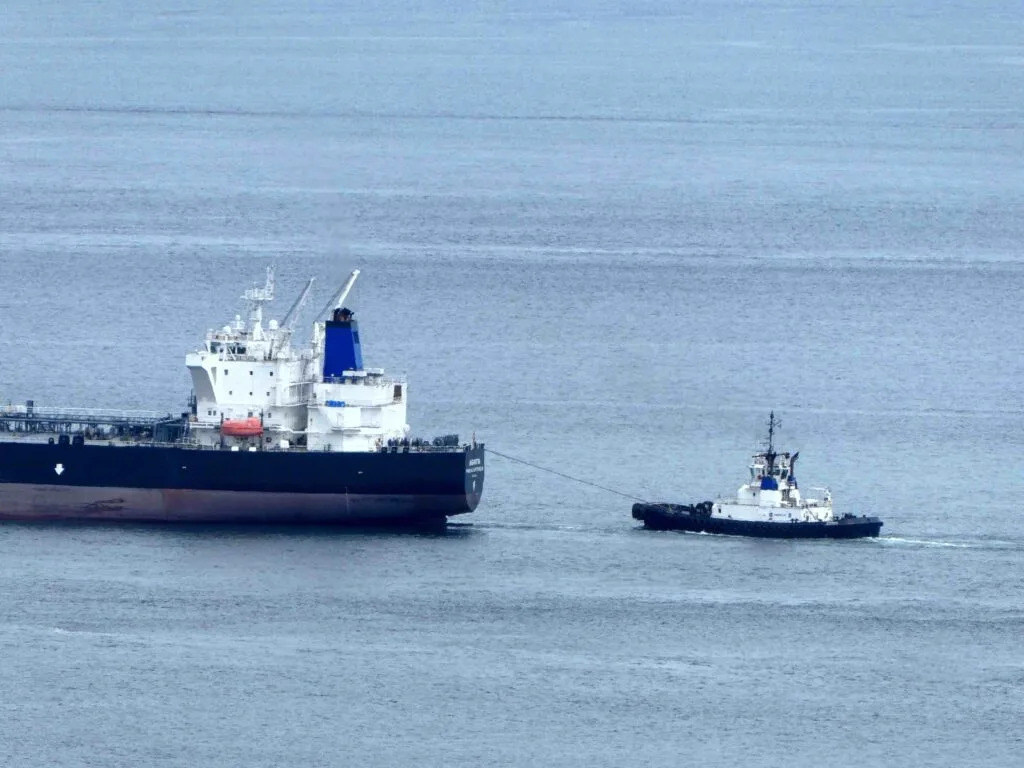UPDATE: Washington State is moving forward with a controversial proposal to expand tugboat escort requirements for oil tankers and barges, igniting heated debates among environmental groups, tribes, and federal authorities. As of today, the U.S. Coast Guard has expressed concerns over the potential increase in vessel traffic, raising alarms about the risks associated with more boats in the congested waters of the Puget Sound region.
Authorities report that the push for enhanced oil spill prevention measures comes amidst ongoing efforts to protect the endangered Southern Resident killer whales. However, the Coast Guard argues that the proposed changes would lead to a surge in vessel traffic without significantly reducing oil spill incidents. Captain Darwin Jensen, chief of prevention at the Coast Guard’s Northwest District, stated, “More collisions and spills could result due to increased vessel traffic and risks to safety of navigation in congested waterways.”
Environmental advocates, including Fred Felleman from Friends of the Earth, counter that the benefits of tug escorts far outweigh the risks, emphasizing the need for continuous improvement in oil spill prevention. “Washington state’s admirable oil spill record is not because we’ve rested on our laurels,” Felleman said, reinforcing the importance of adapting rules to the growing maritime trade.
The proposed expansion targets small to medium-sized tankers, defined as having a deadweight tonnage (dwt) of between 5,000 and 40,000. Currently, these tankers are required to have tug escorts when transporting oil or refined fuels, a rule that has been in effect since 2020. The Washington Legislature mandated periodic reviews of this requirement, spurring the latest discussions.
As it stands, tugboat companies perform approximately 800 escort jobs annually in the Rosario Strait region. The area is crucial for tankers transporting refined products like diesel and gasoline from local refineries to various destinations. Additionally, some crude oil is shipped from British Columbia to U.S. refineries, including those in Tacoma and Anacortes.
While tribes along the Salish Sea, such as the Lummi and Swinomish, support the oil spill prevention measures, they have raised concerns about the impact of increased vessel traffic on their fishing and harvesting rights. Makah Tribal Chairman Timothy Greene Sr. voiced apprehensions regarding the underwater noise generated by tugboats, which could further threaten the already endangered orcas.
“We view the threat of oil pollution to Southern Resident killer whales as a more significant threat than underwater noise,” Greene noted, highlighting the balancing act required in the ongoing negotiations.
The proposed rule changes would not affect larger oil tankers already mandated to have tug escorts when loaded. Instead, the new regulations would extend the coverage zone towards Patos Island, increasing the area by about 11%. Additionally, the Board of Pilotage Commissioners is considering whether to require tank vessel captains and their tug escorts to hold safety conferences before getting underway.
In light of the Coast Guard’s concerns, the Board’s Executive Director Jaimie Bever announced plans to meet with federal officials for clarification. The tugboat industry has expressed mixed reactions to the proposed changes, primarily focusing on the technical aspects of Ecology’s risk modeling rather than outright opposition.
The ongoing discussions underscore the urgent need for a solution that balances environmental protection with the realities of maritime trade. With the potential for increased vessel traffic looming, stakeholders are encouraged to engage in open dialogue to navigate the challenges ahead.
As this story develops, stay tuned for further updates on the tugboat escort proposal and its implications for Washington’s marine ecosystem and the communities that depend on it.











